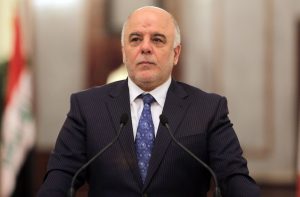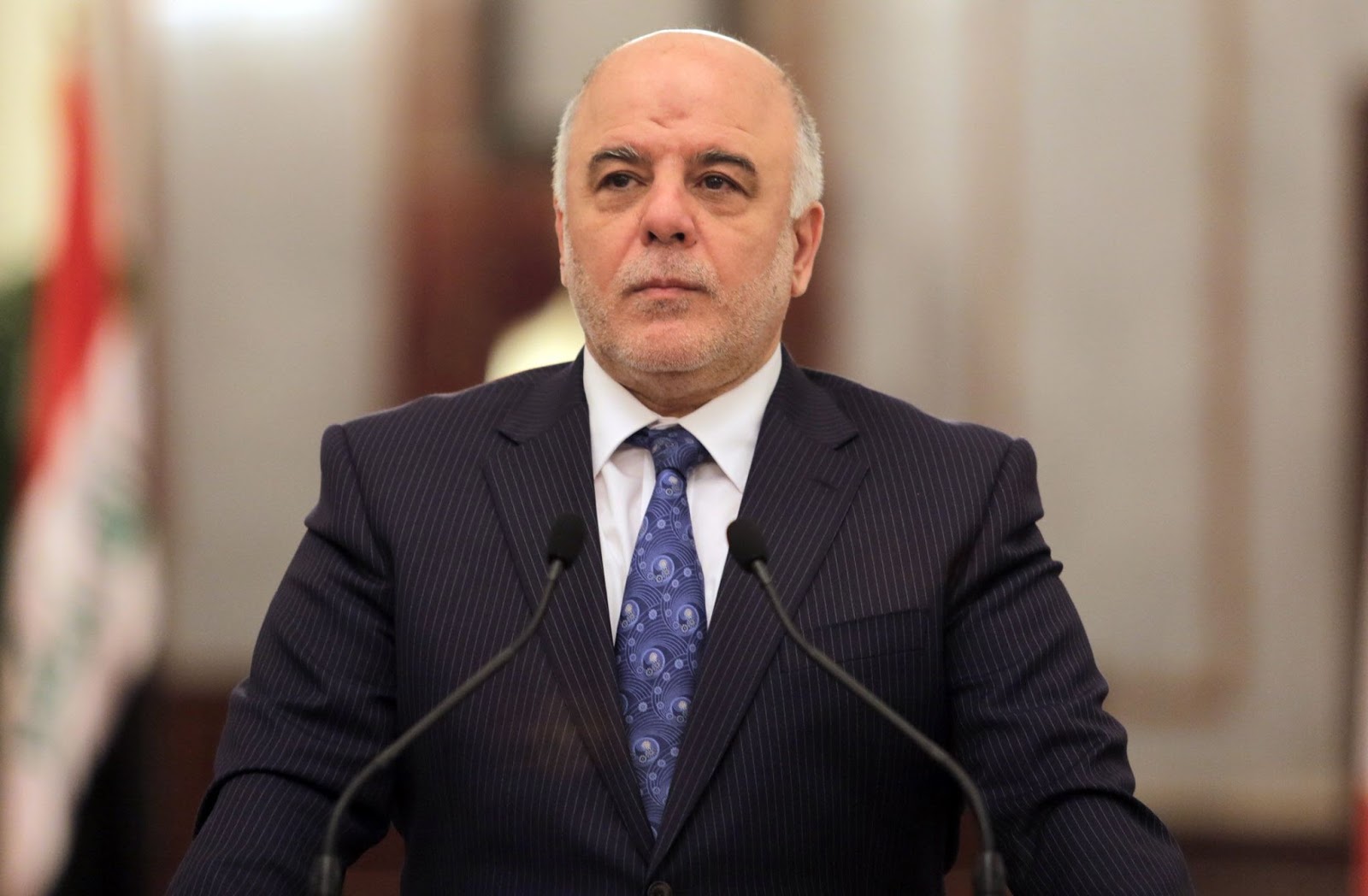 Iraqi Prime minister Haider al-Abadi relieved lieutenant general Abdulamir al-Shimmari of his position as Baghdad ‘s Operations Commander in the aftermath of the Sunday attack that killed almost 300 people.
Iraqi Prime minister Haider al-Abadi relieved lieutenant general Abdulamir al-Shimmari of his position as Baghdad ‘s Operations Commander in the aftermath of the Sunday attack that killed almost 300 people.
The heads of the intelligence and security departments in the capital were also sacked as the country continues to mourn the worst attack in the past 13 years. The attack claimed by the Islamic State revived the growing dismay towards the government. Abadi’s convoy was greeted with stone throwing when he visited the scene of the blast.
Interior Minister Mohammed Ghabban resigned shortly after the attack, saying he could not continue to be responsible for the country’s weak security system, which, he said, needs to be reformed. He also called for empowering the interior ministry.
Since the end of Saddam Hussein’s rule in 2003 in a war led by the United States and supported by several Western Countries, Iraq has plunged into chaos and tens of thousands of people have lost their lives in the prevailing violence and insecurity.
Tony Blair, who was British Prime Minister during the Iraq war, recently regretted that the intelligence about Saddam Hussein’s mass destruction arsenal has not been challenged. He added that despite the “terrible consequences which we didn’t foresee” before the invasion, removing Saddam from power was right.
Iraq’s brutal war against the Islamic State is being hampered by the sectarian divide in the country between the Sunnis and the Shia.
Meanwhile, the International Monetary Fund (IMF) has announced a 3year $5.34 billion loan program to help the country’s finances, cut inefficient capital expenditure and protect social spending. $634 million is expected to be immediately disbursed as IMF Deputy Managing Director Min Zhu explained that “Iraqi economy has been hit hard by the double shock arising from ISIS attacks and the sharp drop in global oil prices.”
